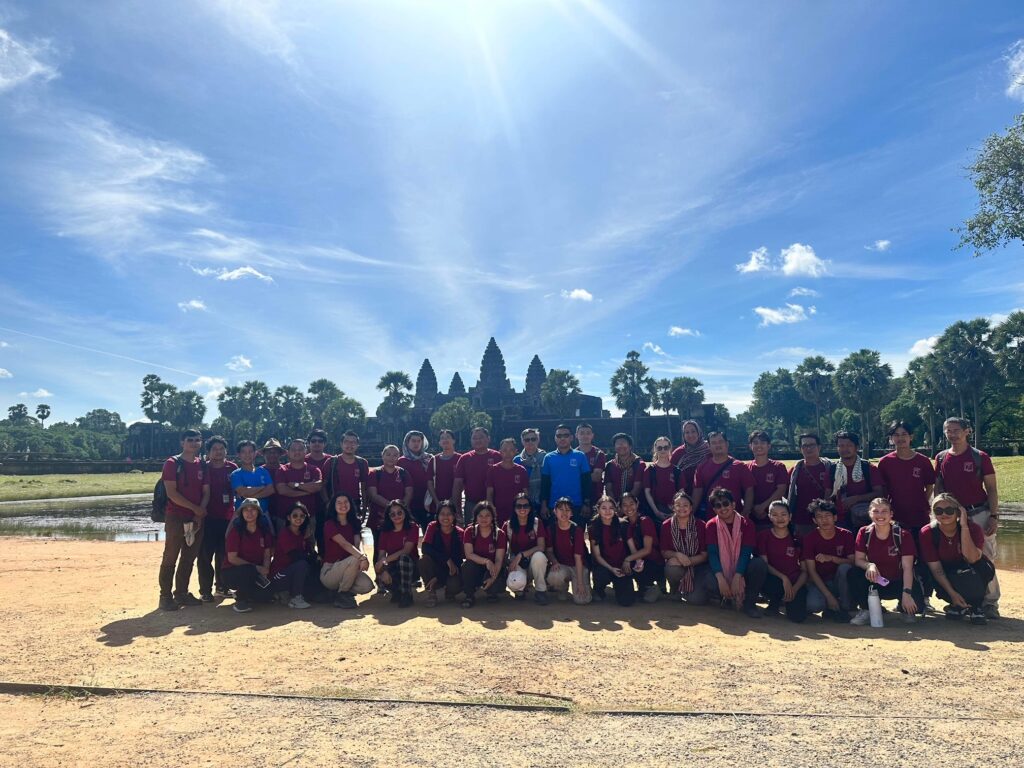From the Director’s Desk: End-of-the-Field Blog
- Post by: admin
- July 14, 2023
- No Comment
Dr. Stephen Acabado
UCLA CSEAS
Tuesday, July 11
As we wind down the PEMSEA Archaeological Fieldschool, we hope that we’re able to contribute to network-building, the training of the next generation of archaeologists who are adept at multi-cultural and cross-border engagements, and to making archaeology inclusive. Archaeology, in general, is an expensive discipline. Attending fieldschools is a huge barrier for students from disadvantaged backgrounds because of the prohibitive costs associated with field training (average cost for North America-based students attending international fieldschools is at least $5,000). Thus, we are grateful for the support of the Henry Luce Foundation, the UCLA Cotsen Institute of Archaeology, and the UCLA International Institute for providing the support that allowed us to bring together 37 (!) students and colleagues from Thailand, Taiwan, Cambodia, the Philippines, and the USA.
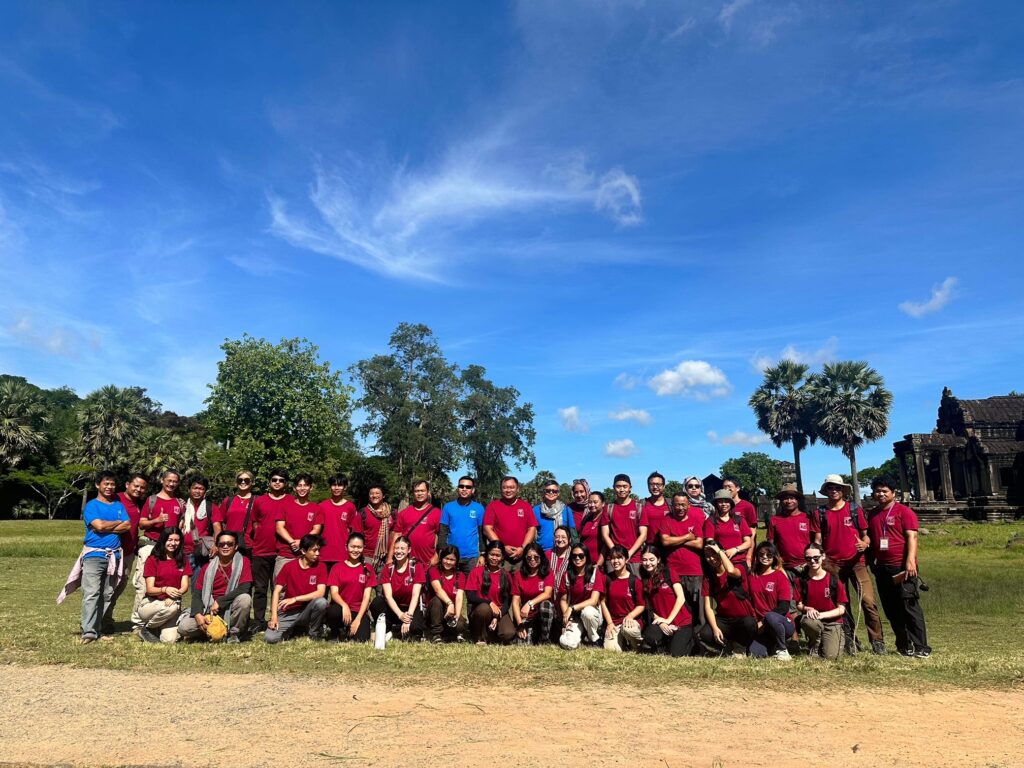
Providing such opportunity enhances accessibility since fieldschools play a crucial role in breaking down barriers to access and engaging a wider range of individuals. By offering opportunities for both aspiring archaeologists and non-professionals to participate, fieldschools democratize access to archaeology. They provide an avenue for people with diverse educational backgrounds, ages, ethnicities, and abilities to engage with archaeological sites, artifacts, and methodologies. By encouraging participation from different communities, fieldschools open up the discipline to a broader range of perspectives, knowledge systems, and research questions. As such, our fieldschool participants are not limited by their academic disciplines.
Because of the accessibility, fieldschools also facilitate empowering underserved communities. Historically, archaeology has often been conducted by and for privileged groups, perpetuating exclusionary narratives. Fieldschools have the potential to challenge this status quo by empowering marginalized communities. By actively involving community members in archaeological research, fieldschools foster a sense of ownership and agency over their own heritage. This collaborative approach creates opportunities for marginalized voices to be heard, resulting in a more inclusive interpretation of the past. It helps rectify historical imbalances and ensures that the archaeological narrative represents a fuller, more accurate picture of human history.
As an international, cross-border fieldschool, we also promote cultural exchange and understanding that we hope will be a catalyst for a more inclusive generation (it could also serve to facilitate ASEAN integration). Fieldschools often involve participants from diverse cultural backgrounds, facilitating cultural exchange and promoting understanding. As individuals from different communities work side by side, they gain insights into each other’s histories, practices, and worldviews. This interaction promotes empathy, tolerance, and mutual respect, breaking down stereotypes and fostering a shared appreciation for cultural diversity. By actively engaging with local communities during fieldschools, archaeologists can also contribute to the preservation and revitalization of indigenous knowledge and traditions.
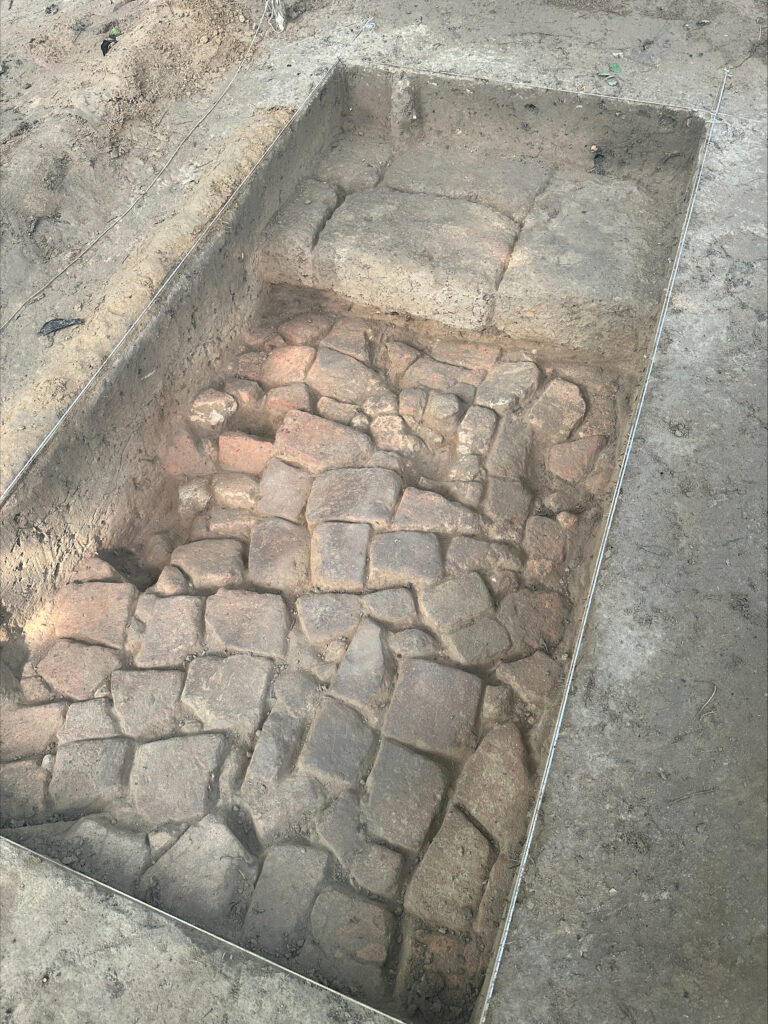
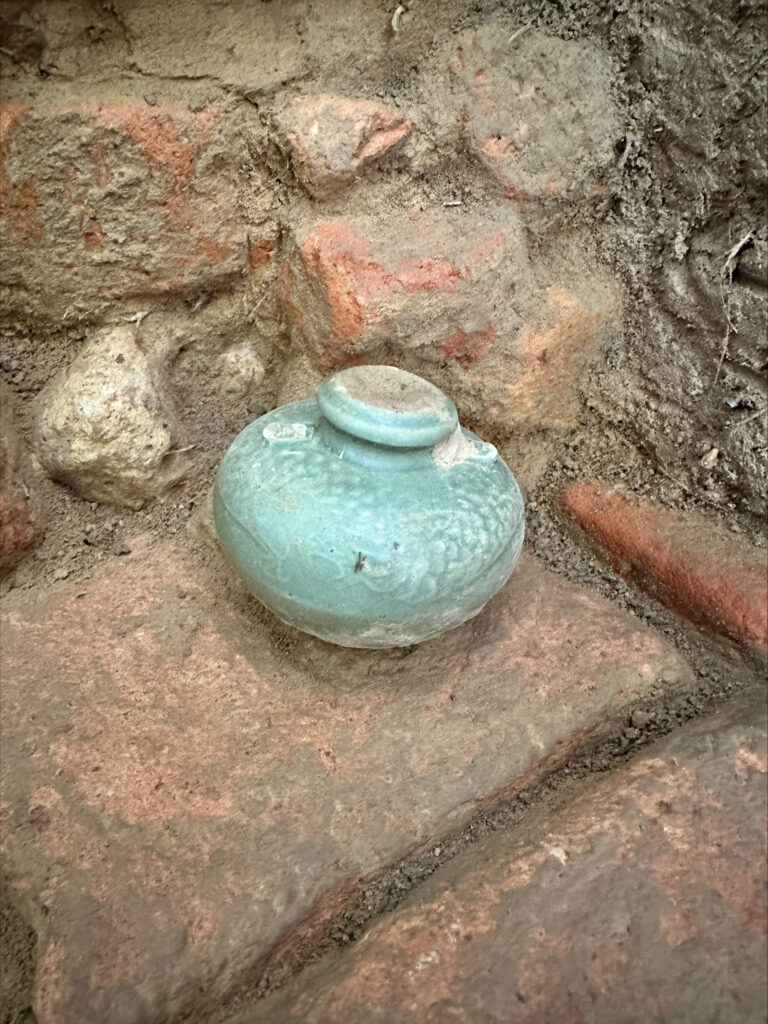
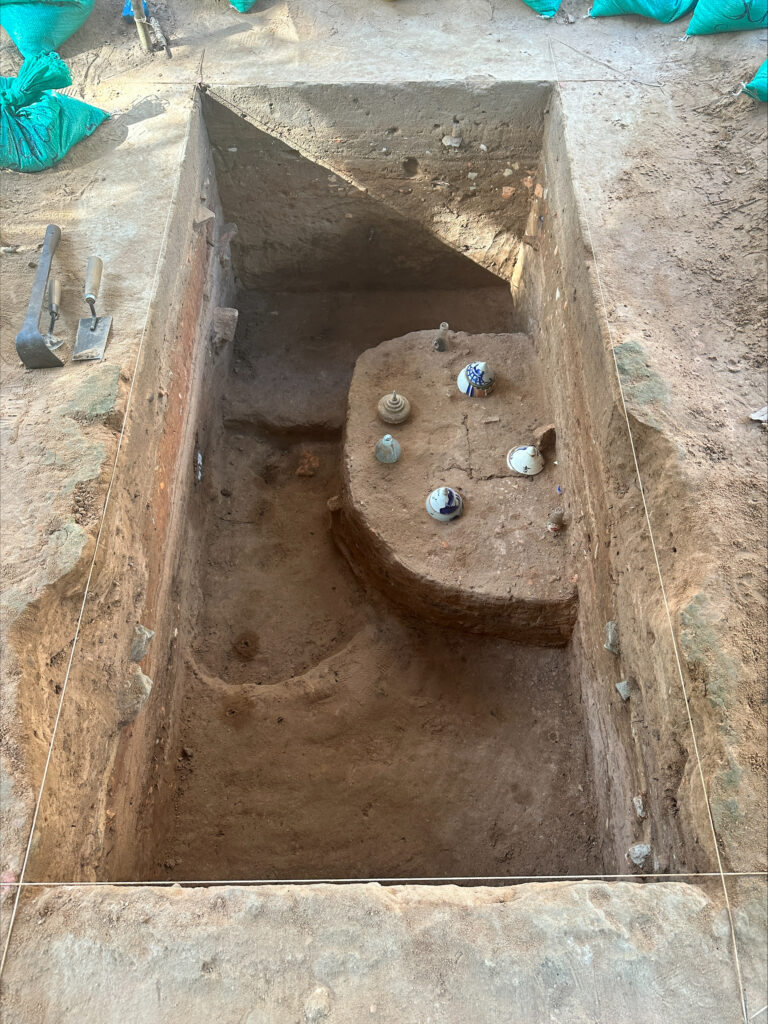
For those whose longterm goal is professional advancement, fieldschools offer educational and professional development. Fieldschools offer a unique learning experience, providing participants with practical, hands-on training in archaeological techniques, excavation methodologies, and artifact analysis. This experiential learning is invaluable for aspiring archaeologists, enabling them to develop essential skills and build a solid foundation for their future careers, not just in archaeology since fieldschools also offer opportunities for individuals from non-archaeological backgrounds to explore their interest in the field, expanding the pool of potential future archaeologists and promoting diversity within the profession.
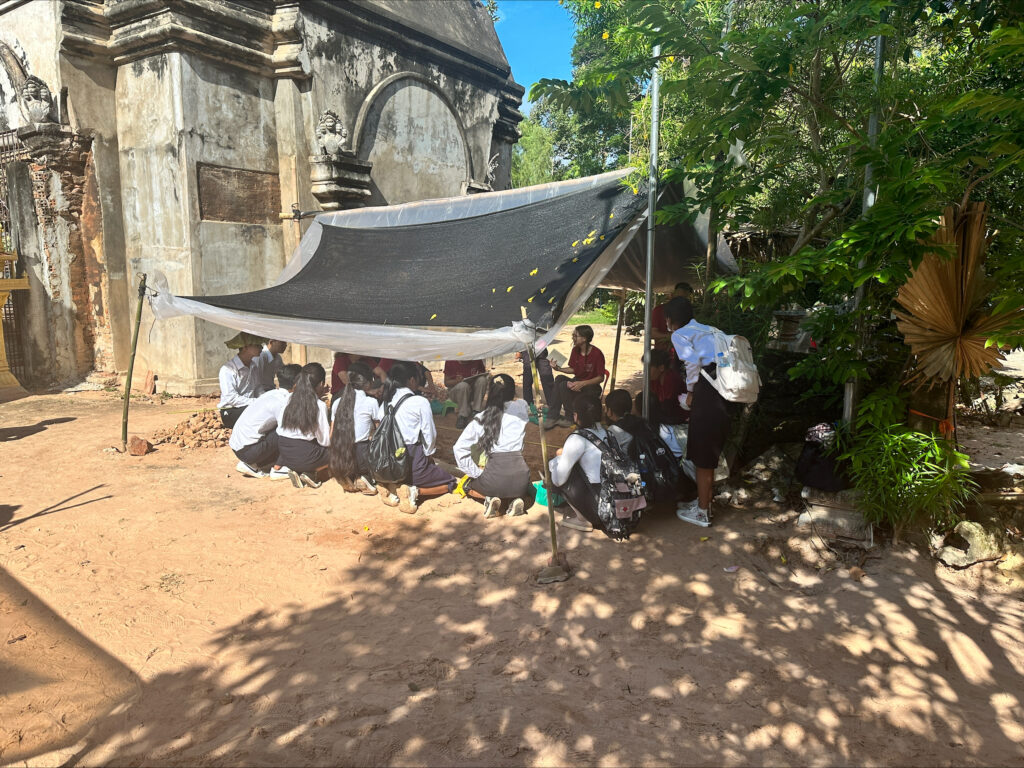
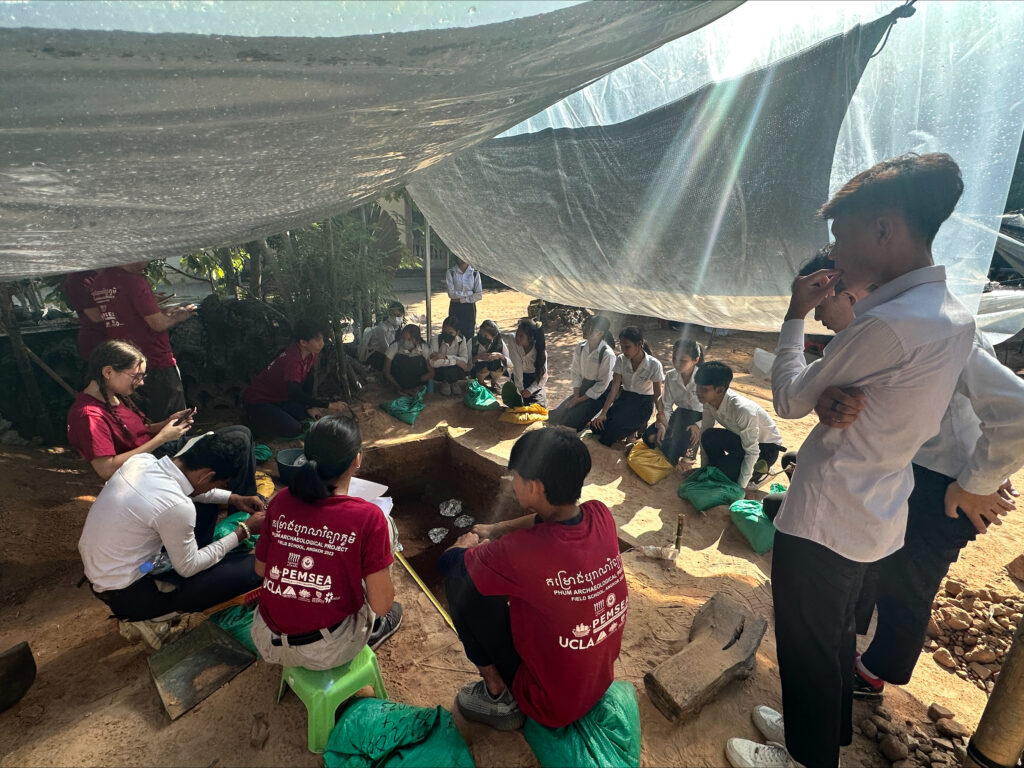
Although running a fieldschool is stressful (budget and logistics!) and exhausting for field directors (right, Piphal Heng?), it is gives us the satisfaction that we are contributing to move the discipline forward. Fieldschools serve as a transformative force in making archaeology more inclusive and accessible. By enhancing accessibility, empowering marginalized communities, fostering cultural exchange, and providing educational and professional development opportunities, field schools contribute to a more equitable and diverse archaeology. It is imperative that archaeological institutions and organizations continue to prioritize and invest in fieldschool programs, recognizing them as powerful tools for creating a more inclusive and representative discipline. Through these efforts, we can embrace the richness of human heritage, celebrate diversity, and build a more inclusive (archaeological) future.
